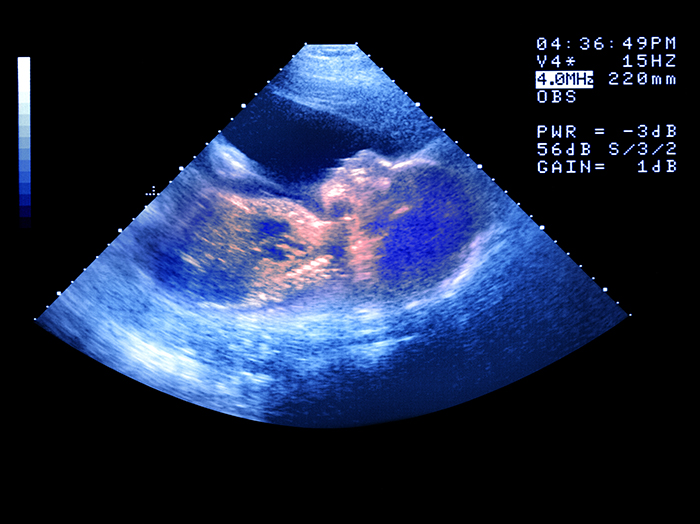Amber Guyton felt surprised by her gynecologist’s question during a routine appointment in 2022. And even more surprised by how the question changed her life.

“My doctor asked me, ‘How do you feel about family planning?’” says Amber, 36, an Atlanta resident who owns her own interior design company. “I was like, well—I’m not dating anyone now. I would love to have a family, but I just haven’t really thought about it.”
Her gynecologist, Cherie Hill, MD, was direct. “I told Amber that if she was interested in having a child but unable to pursue that goal now, it was a great time to consider freezing her eggs for future use,” Dr. Hill says.
She raises the topic with many of her patients who are between the ages of 32 and 37. “My practice is centered on well-being and work-life integration, and I encourage women to spend as much time thinking about their family planning goals as they do about their career goals,” she explains. “You don’t want to look back and wish you had put more focus on life outside of work.”
As an OBGYN who practices at Emory Healthcare, Dr. Hill loves being able to help her patients achieve the goals they have for wherever they are in their lives. She says, “The most important thing to me when caring for a patient is that we are a team.”
What Is Egg Freezing?
Most women produce one egg naturally every menstrual cycle. Egg freezing is a well-established process that stimulates the ovaries with hormones so they produce several mature eggs at once. A fertility specialist then retrieves the eggs from the ovaries and takes them to a lab. There, a specialist called an embryologist cools the eggs to subzero temperatures so patients can use them to start a family later if they wish.
Women consider freezing their eggs for a variety of reasons. They may:
- Want to delay childbearing while they pursue a career
- Want to find the right partner before they start a family
- Have a medical condition that affects their fertility
- Need medical treatment or surgery that could affect their ovaries (such as chemotherapy for cancer)
Doctors can thaw the frozen eggs and use them during in vitro fertilization (IVF). In IVF, specialists fertilize mature eggs with sperm in a lab. Then they transfer the fertilized egg or eggs into the woman’s uterus.
Dr. Hill highlights the age 32-37 timeframe for two reasons. “One, you are likely to get a good yield of genetically normal eggs,” she says. “And two, experts advise women to use frozen eggs within five years. Freezing your eggs by age 37 allows you to get pregnant before your mid- to late 40s when your risk of adverse pregnancy outcomes, such as hypertension and gestational diabetes, is high.”


 Photo: LaJoy Photography
Photo: LaJoy Photography

